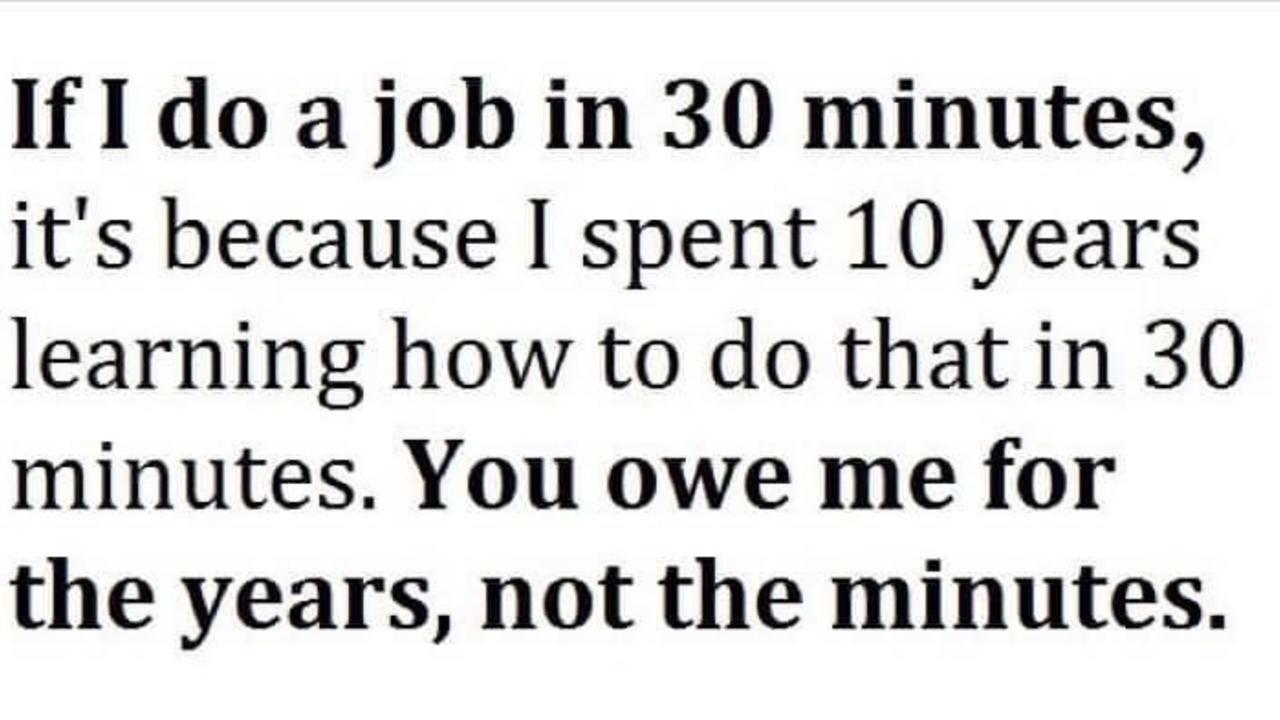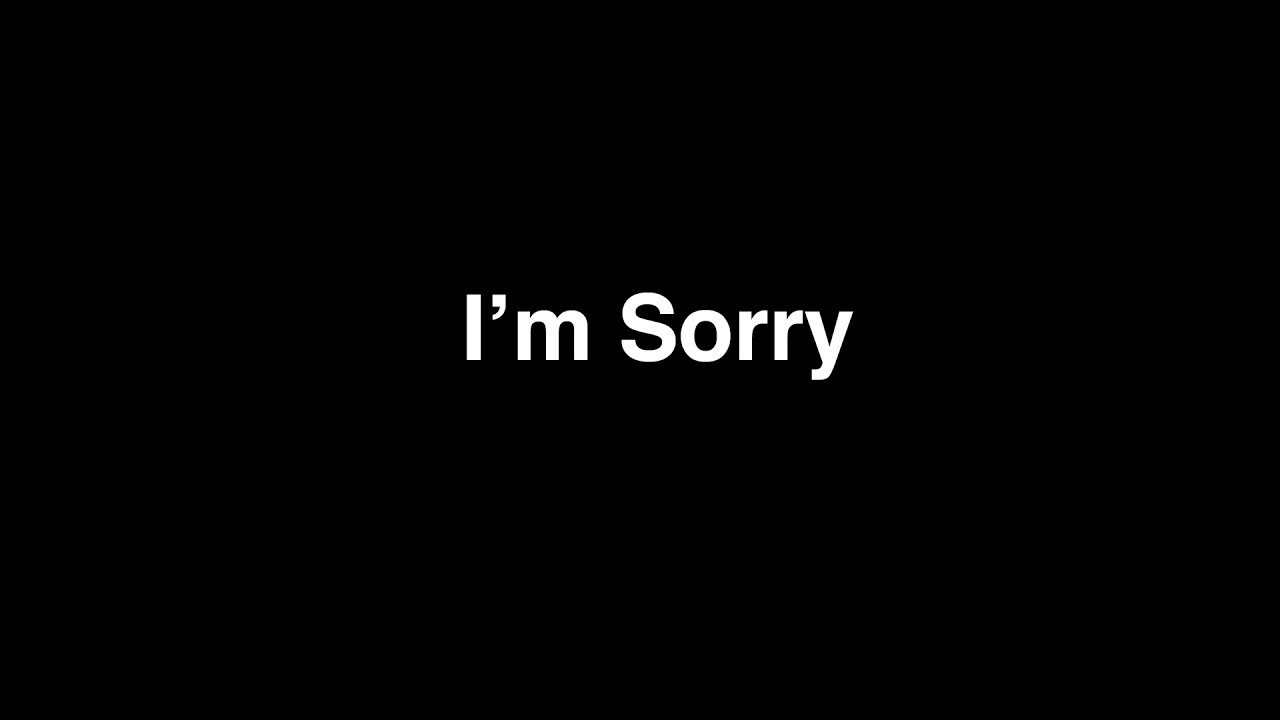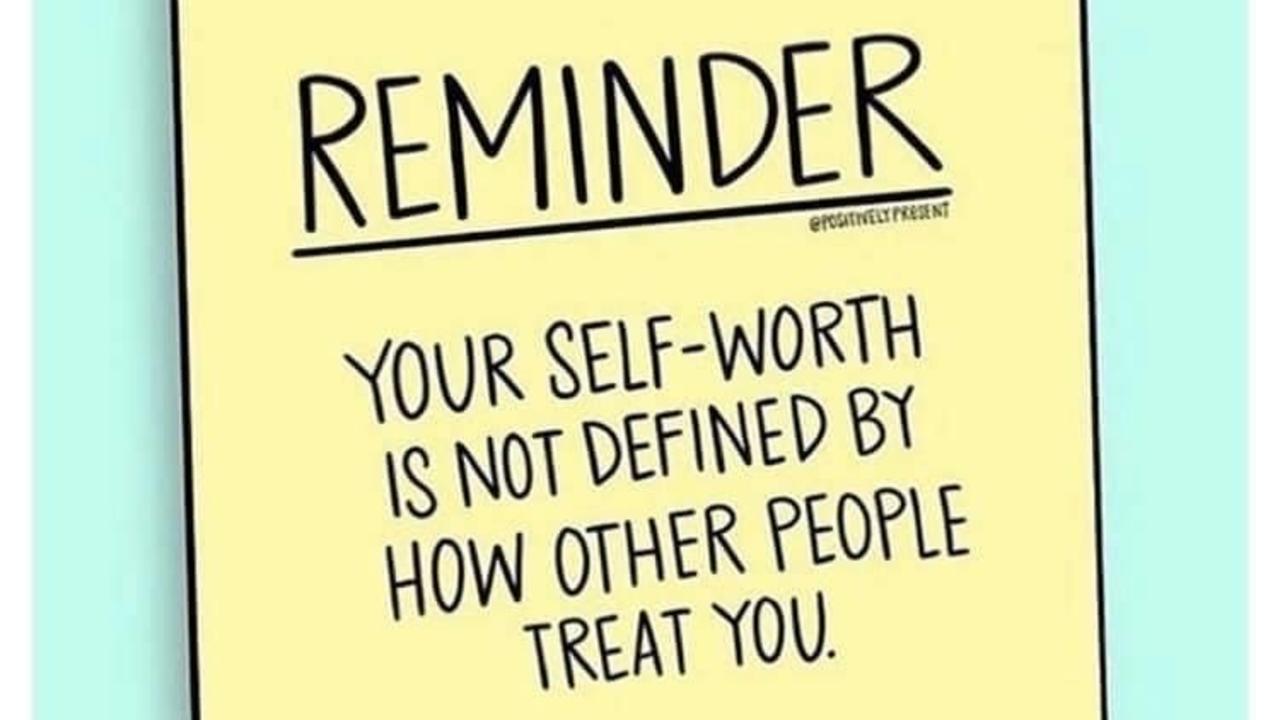Do You Have the Courage for This?

How often we feel negative emotions - despair, sadness, frustration, fear - and we don’t ask for help. It might be because we don’t know what we need or we think nobody will care. Yet we turn away from the discomfort instead of being curious about it.
At work this shows up often as feeling overwhelmed and afraid. What if the next time you felt overwhelmed you asked yourself, “What do I need right now?”
Then instead of feeling alone and let down by others you said to those close to you, “I’m feeling (insert feeling.) Right now it would really help if I could count on you for (insert what you need from them.) It would make all the difference to me.”
They may not deliver. But you’ve just moved closer to knowing what you need and that you deserve it.
For more executive presence tips here's a link to my new FREE eBook - 31 Executive Presence Practices for Leaders in the High Stakes Corporate World click here.
If you are struggling with uncertainty and feel exhausted and ineffective...
People Fear Three Things

People fear three main things in life: pain, death and abandonment. The worst behavior I see is usually around abandonment. Knowledge is power. This intel means that if we can show people how we value them and that they belong they will feel lighter and more worthy. And they’ll behave like people who feel valued.
Think how this applies to talking with employees, family members, customers, friends and just about everyone. Compassion is king in effectiveness - authentic compassion not put-on solicitousness.
If you want more executive presence tips here's a link to the FREE eBook - 31 Executive Presence Practices for Leaders in the High Stakes Corporate World
If you are struggling with uncertainty and feel exhausted and ineffective watch my FREE Training on Three Ways to Move to the Next Level In Your Career Right Now to 1) identify the right role for you, 2) position your transferable skills and 3) create a career portfolio that sells you before you even get an interview. If you d...
Replace "Striving:" With This for Executive Presence

Recently, I heard a podcast by a very successful businessman who said he grew up poor, never got over the need to strive for better and he likes that because he thinks that’s the key to his success. Additionally he also never feels satisfied and is ok with that. This made me sad for him - very successful yet ok with not being fulfilled. Later in the podcast he talked of being impatient with himself and staff. Hmm.
Striving is never the goal. Success is not the measure. Mastery is the goal and the measure. It’s internal - not determined by anything outside your control.
Shallow wins are where you hit a goal, high five everyone and then move right on to the next goal because you fear failure and rejection are around the next corner if you don’t. Your team feels they are just tools in your success and ends up resenting you. Enjoy deep wins where you sit back and celebrate the difference made for the good of all. Identify every person's part in the win. The next goal is part of process...
You Owe Me for the Years Not the Minutes

Some days I sit in my office and think how easy my job is until I see someone else make a decision or take action that I know is ill advised and will have negative results. Then I remember the countless 12-hour days and weekends I put in to have the breadth of perspective I’ve learned. I remember the negative results I experienced when I didn’t know better. And I think about the really stressful days in my work that try my patience and bring me sleepless nights.
Your time is valuable. This is why I don’t hire lawyers, accountants or consultants who are not mavens at what they do because they make you pay for their learning curve.
Be an expert. Work for a company that values your expertise.
If you want more executive presence and career planning tips here’s a link to my FREE Career and Life Planning Tool. If you don't know where you'll be at the end of the year you are already there.
Your coach,
Mary Lee
P.S. Feel free to forward this email to someone who could benefit from it....
Your Emotions at Work

We were taught for a long time that showing emotion was weak. “Just suck it up, Marine” was the mantra. Today we finally realize that denying emotion denies the feeling behind the emotion. And when we do that it eventually bubbles up later in an outburst, passive aggressive behavior, withdrawal, lack of compassion, poor communications, emotional immaturity and even post- traumatic stress.
Though we don’t want to be an emotional leader, exhibiting extreme emotions that are inappropriate at work, cause negative attention to ourselves and halt progress. That strips your executive presence. But we are human, and humanity is honest. Being honest with your team, about what you struggle with builds trust. "Honestly, I struggle with this and value your insight."
Sometimes emotion takes over our good judgment. Then we need to decipher the internal roadblock before it derails us. It takes far more courage to admit the feeling than to stuff it down.
Unravel the feeling from the fear. Take a...
I'm Sorry

Ladies! Please stop saying, "I'm sorry" so much especially at work. Not "I'm sorry to bother you." Just "Do you have a minute?" Not "Sorry this is probably stupid..." Just "Can I run something by you?" Not "Sorry" when you bump into someone. Just "Pardon me." Men don't do this because their threshold for being sorry is far higher and more realistic. When is the last time you heard a man say, "I'm sorry can I ask a question?" Be direct. Be confident. Be authentic.
You're not sorry that you want to say something. You just want to feel that others want to hear it. Don't expect that they don't. Focus on listening so your comment will be most relevant. Set your ego aside as you focus on what's important. Play with the concept of who you would be without doubt?
The last person to speak has the most to say.
Many people are worried right now about their jobs and not sure if an industry switch or a position change is a good idea. I hear it every day. Often more planning goes into a summer v...
This Separates Great Leaders form the Rest

The emotional intelligence skill of self-management is a talent that separates great leaders from the average ones. As humans we have the ability to observe ourselves from a third party perspective - like a fly on the wall. It’s the greatest skill for creating peace and building executive presence.
In that moment when you’ve been triggered to feel uncomfortable and could act on it by lashing out, withdrawing or ruminating about it you have a choice. The discomfort is so great that we just want to get away from it. This externalizes a hurt that never heals. It’s like carrying around a bag that is too heavy. And it shows in behavior.
In the trigger instant turn inward with compassion to yourself - not outward in fear. Choose to be your own big brother. A deep breath clears the space to say, “May I be gentle with myself in this moment.”
Be as sweet to yourself as you would be to a hurting child or puppy. You deserve that.
Wishing you the power of your self-awareness today.
If you...
They Don't Think the Way You Do
I learned this lesson as a new manager. I used to think if everyone worked like I did there’d be no problems at work. How wrong I was.
I learned along the way that my direct reports aren’t in my head. They don’t know my motivation either. When I started to ask more for their opinions and give them more information on my thought processes and strategies - the “Why?” behind what we were doing they felt more included and part of the process.
People are inspired by different motivations. They work, play and think differently. Our job as leaders is not to tell them what to do and expect them to do it our way. It is to role model excellence, support them, get out of their way and hold them accountable.
If you fear age bias or sense that you are too old to compete in the workplace here is the link to a free plan to help differentiate your value proposition. You are NOT too old. You just need to position your value proposition. Learn how with this tool I give my clients. 10 Tips When You ...
They Don't Think the Way You Do

I learned this lesson as a new manager. I used to think if everyone worked like I did there’d be no problems at work. How wrong I was.
I learned along the way that my direct reports aren’t in my head. They don’t know my motivation either. When I started to ask more for their opinions and give them more information on my thought processes and strategies - the “Why?” behind what we were doing they felt more included and part of the process.
People are inspired by different motivations. They work, play and think differently. Our job as leaders is not to tell them what to do and expect them to do it our way. It is to role model excellence, support them, get out of their way and hold them accountable.
If you fear age bias or sense that you are too old to compete in the workplace here is the link to a free plan to help differentiate your value proposition. You are NOT too old. You just need to position your value proposition. Learn how with this tool I give my clients. 10 Tips When You ...
Two Flawed Assumptions that Hold You Back

At work we often measure our self-esteem by what our boss or colleagues think of us. This is based on two flawed assumptions.
1.) You think you know what they think but you don’t. How they perceive you is through their own lens not yours. That lens may hold bias. You will never know how they truly feel. Even if you ask them they will filter their response through their interpretation of their feelings. Your job is not to change their mind. Your job is to be effective.
2.) You think your value is measured by their behavior toward you. Of course we all want to be liked and appreciated. Good leaders know how to reinforce their teams with positive feedback and coaching moments. But your value is measured by your effectiveness not your efforts so focus on whether or not you are effective and allow that to be your gauge.
The operative phrase here is “be effective.” If you focus on that your self worth will grow. You’ll build trust and favor by playing toward your signature strengths - ...
